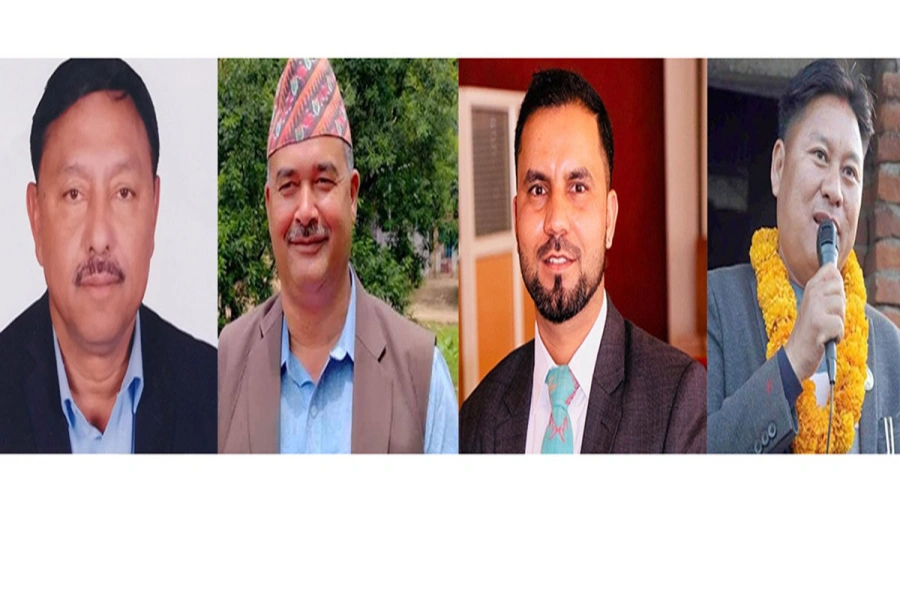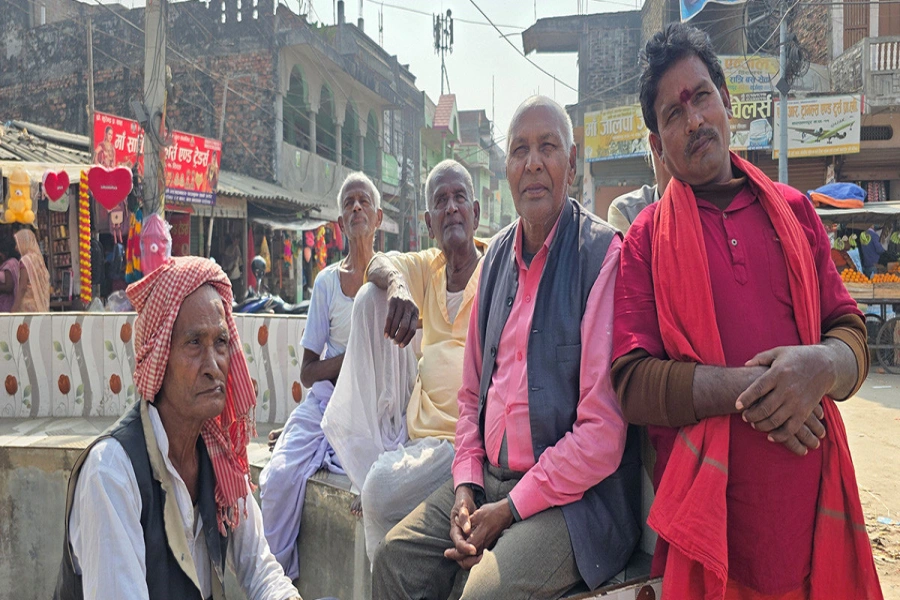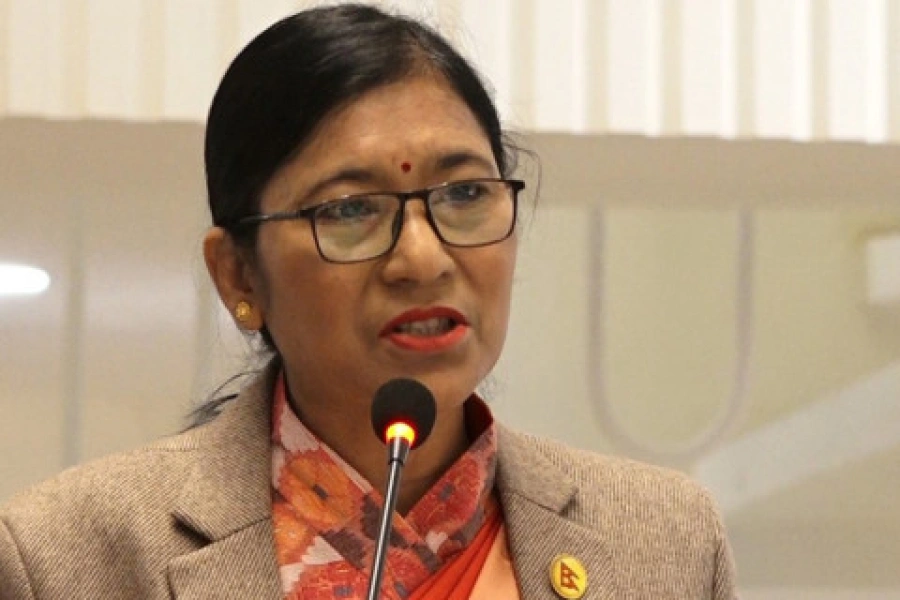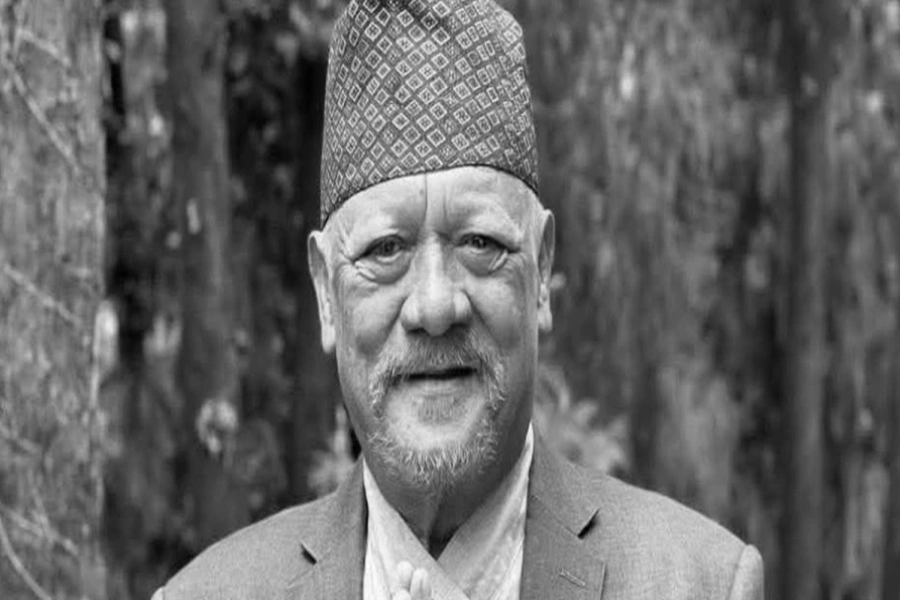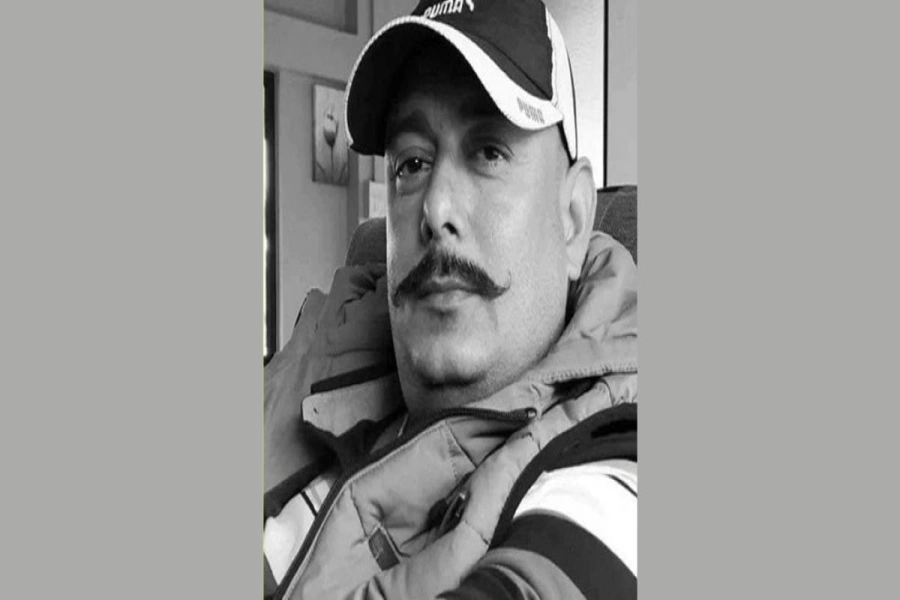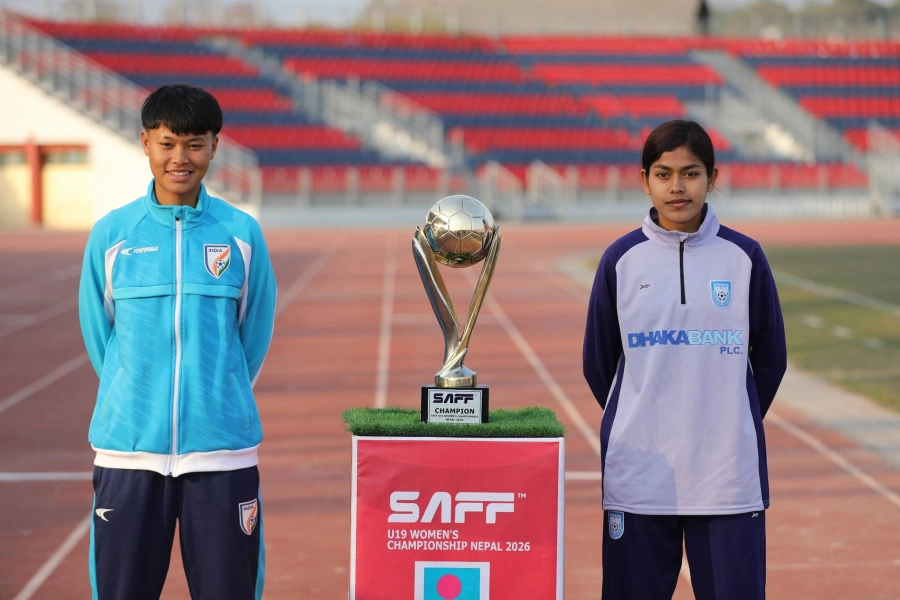Aishwarya Rani Singh, 23-year old, gold medalist in Bachelors of Development Studies, is the president of Women LEAD Nepal. Women LEAD Nepal is the first and only professional and leadership development organization for young women in Nepal.
Aishwarya’s journey officially began with Women LEAD in 2011. After her undergraduate studies, she was appointed as a research instructor specializing in Practical Skill Enhancement (PSE) at National College. She designs the course of study, assignments and helps the students use these skills in their life.
She shares with Prasuma Rawal of Republica the importance of practical learning and her experiences on delivering it.
What is Practical Skill Enhancement?
PSE focuses on research-based training programs and teaching methodology. It is something required in our college and many other institutions. We are taught from the beginning to memorize and read things but we rarely learn them. If we learn to implement our knowledge with the help of research and practical experiments, it can actually help the students improve and upgrade their score. This also helps them analyze things in a different perspective, think critically and not just depend on the information that has been provided. This skill can be implemented in practical life including personal problems, professional work and other subject matters.
Is this course useful to everyone?
This is a concept I formulated on my own after four years of experiments. Colleges only teach proposal writings and report writings in theory. If we had been provided proper tools and methodologies it would have been much easier for us. ‘We hear and we forget. We see and we remember. We do and we understand.’ Things that students learn practically are more beneficial.
Make Sure Medical Professionals Are Safe

How do you ensure that the skills you deliver are successfully transferred?
I do not believe in bringing about drastic change but few people at a time, because that’s being realistic. Previously my intention on implementing this course of study was to make sure that this aligns with the students’ research topic. When I teach how to design questionnaires, the tools and indicators required on the activities, they will then be able to conduct proper research. Apart from this, I do believe in facts and figures and have been giving assignments related to what has been taught: conducting surveys and making evaluation reports at the end of every session.
A learning intervention you implemented that worked well?
I’ve never been rigid with the session details. What has helped me is by making Google forms and conducting surveys to take students’ opinion. I always go through the evaluation provided by students. There was this assignment when students had to prepare for a debate on ‘Free Health vs Free Education’ which was quite simple as they only had to go through the definition of free health and free education. However, they went in-depth preparing for this and generating strong arguments. I love conducting these sorts of activities so that the students can think critically and implement well.
What are some of the challenges you have faced so far?
As I first launched this new course, I had to design it myself. The course itself was entirely new for students. But gradually they have been realizing its importance and are willing to learn. Dealing with a mass, there are only going to be a handful of students who know what’s being taught and rest can be drifted away. Assuring yourself that every student is on the same page is quite challenging. As a fresh graduate, it’s quite difficult to establish yourself as a teacher in the same environment.
What suggestions do you have to those who want to pursue PSE trainer as a career?
The only thing that I’d want to convey is that like any other occupation, you cannot do anything until and unless you are passionate about it. If you take it as a regular job, it would not be that productive and you wouldn’t be able to do it. If anyone wants to become a trainer and pursue this field, you should first learn from experienced people.





